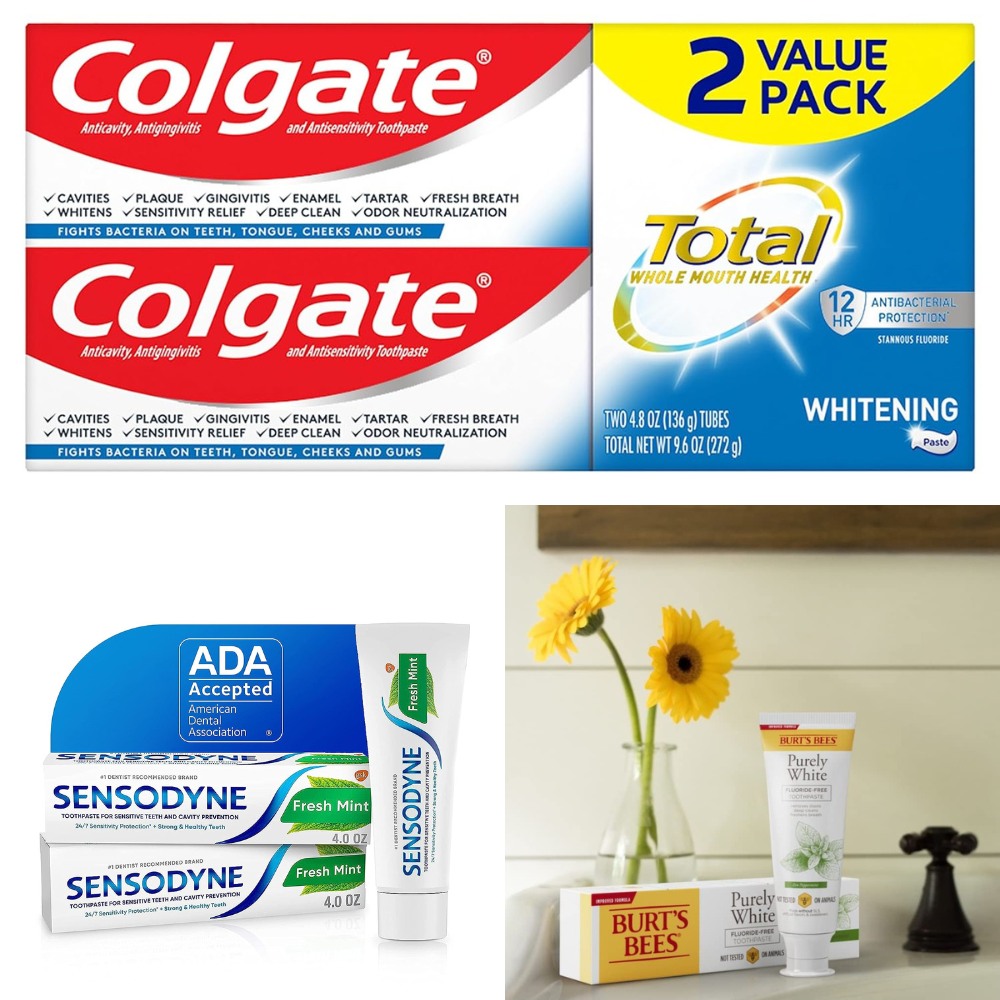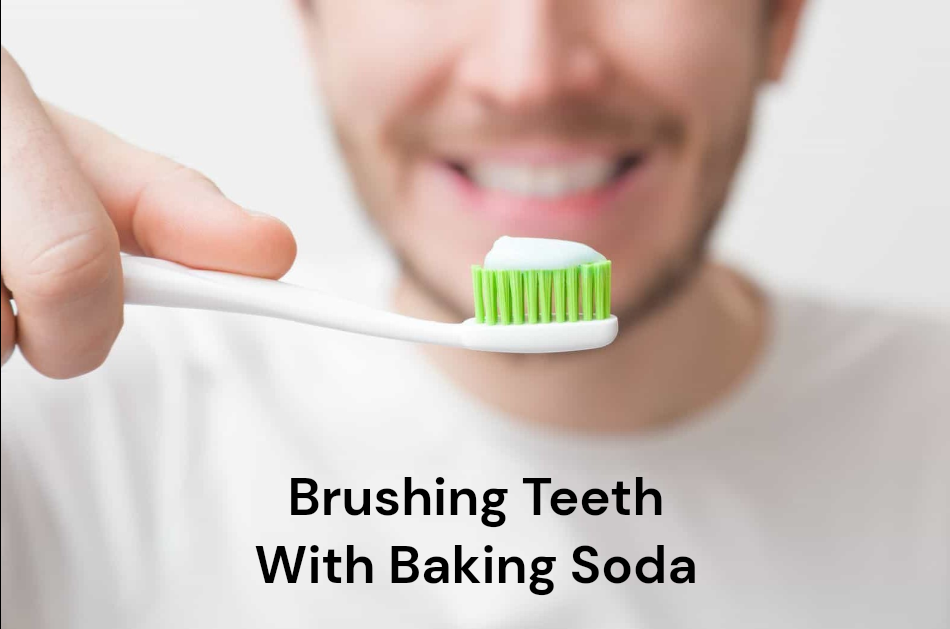Xerostomia, commonly referred to as dry mouth, is characterized by insufficient salivary gland activity, resulting in inadequate moisture in the mouth. This condition hampers the mouth's ability to stay properly moistened. It can cause discomfort, difficulty speaking, bad breath, and an increased risk of tooth decay. Fortunately, there are toothpastes specifically formulated to address dry mouth symptoms and provide relief.
In this informative blog post, we will discuss the best toothpastes for dry mouth, their key ingredients, and how they can help alleviate symptoms and improve oral health.
Understanding Dry Mouth and Its Symptoms
Dry mouth symptoms can range from a mild inconvenience to a significant disruption in daily life. Common symptoms include a dry or sticky feeling in the mouth, cracked lips, difficulty speaking, an increased thirst, and bad breath. If you are experiencing these symptoms, it is important to find a toothpaste specifically designed for dry mouth to provide relief.
Choosing the Right Toothpaste for Dry Mouth
When choosing a toothpaste for dry mouth, there are several factors to consider. Look for toothpastes that are specifically designed for dry mouth and contain key ingredients such as fluoride and xylitol. These ingredients help stimulate saliva production, protect tooth enamel, reduce the risk of cavities, and freshen breath.
Key Ingredients in Toothpastes for Dry Mouth
Fluoride: Fluoride is essential for maintaining strong and healthy teeth. Look for a toothpaste that contains fluoride to effectively protect against tooth decay.
Xylitol: Xylitol is a sugar substitute that not only adds sweetness to toothpaste but also helps reduce the risk of cavities. It inhibits the growth of harmful bacteria in the mouth and promotes a healthier oral environment.
Hydrated Silica: Hydrated silica is a gentle abrasive that helps remove plaque and food debris from teeth, without causing additional irritation to the mouth.
Xanthan Gum: Xanthan gum is a natural thickening agent that helps create a smooth texture in toothpaste. It also improves saliva flow and provides a comfortable feeling in the mouth.
Sodium Saccharin: Sodium saccharin is a sugar-free sweetener often used in toothpaste to improve the taste and provide a refreshing mint flavor.
Titanium Dioxide: Titanium dioxide is a whitening agent commonly found in toothpaste. It helps maintain the natural whiteness of teeth and gives toothpaste a pleasing appearance.
The Best Toothpastes for Dry Mouth
Biotene Dry Mouth Toothpaste:
Biotene is a renowned brand specializing in oral care products for dry mouth relief. Their toothpaste contains a concentrated formula with fluoride, xylitol, and hydrated silica to effectively relieve dry mouth symptoms and protect against tooth decay.
TheraBreath Dry Mouth Toothpaste:
TheraBreath offers a dry mouth toothpaste that is free from harsh ingredients like alcohol and sodium lauryl sulfate (SLS). It contains xylitol, fluoride, and natural moisturizers to soothe dry mouths and freshen breath.
Sensodyne Pronamel Dry Mouth Toothpaste:
Sensodyne Pronamel is a trusted brand known for its tooth sensitivity relief. Their dry mouth toothpaste is specifically designed to combat the effects of dry mouth and protect tooth enamel. It contains fluoride, xylitol, and gentle cleansing agents for optimal oral health.
Tips for Optimal Dry Mouth Relief and Oral Hygiene
In addition to using a toothpaste for dry mouth, there are several other steps you can take to manage dry mouth symptoms and improve oral health:
Avoid Sugary or Acidic Foods: Consuming sugary or acidic foods and beverages can exacerbate dry mouth symptoms and increase the risk of tooth decay. It is important to choose tooth-friendly snacks and maintain a balanced diet.
Chew Sugar-Free Gum: Chewing sugar-free gum can help stimulate saliva production and keep the mouth feeling fresh. Look for gum containing xylitol for added dental benefits.
Stay Hydrated: Drinking plenty of water throughout the day can help alleviate dry mouth symptoms and promote saliva production. Carry a water bottle with you and sip water regularly.
Visit Your Dentist: Regular dental check-ups are crucial for maintaining good oral health, especially if you are experiencing dry mouth symptoms. Your dentist can provide guidance on dry mouth relief and recommend appropriate oral hygiene practices.


What is dry mouth and what causes it?
Dry mouth, also known as xerostomia, is a condition characterized by a lack of saliva production in the mouth. Saliva plays a vital role in upkeeping oral health by aiding digestion, lubricating the mouth, and safeguarding against tooth decay.
There can be several causes of dry mouth:
Medications: Certain medications, such as antihistamines, antidepressants, and diuretics, can decrease saliva production as a side effect.
Dehydration: Not drinking enough water or experiencing excessive sweating can lead to dehydration, resulting in dry mouth.
Nerve damage: Conditions like nerve damage, nerve trauma, or nerve-related disorders can interfere with the normal functioning of salivary glands and cause dry mouth.
Smoking and alcohol: Smoking tobacco and consuming alcohol can both contribute to dry mouth by reducing saliva production.
Aging:5 As we age, the salivary glands may not function as efficiently, leading to decreased saliva production.
Medical conditions: Certain medical conditions, including diabetes, Sjogren's syndrome, HIV/AIDS, and autoimmune disorders, can cause dry mouth.
If you consistently have a dry mouth, it's wise to seek guidance from a healthcare professional. They can provide an accurate diagnosis and offer suitable treatment options.
How can a toothpaste for dry mouth help alleviate symptoms?
A toothpaste specifically formulated for dry mouth can help alleviate symptoms by addressing the underlying causes and providing relief. Here are some ways toothpaste for dry mouth can help:
Moisturizes the mouth: Dry mouth toothpaste often contains moisturizing agents that help hydrate the oral cavity, providing temporary relief from dryness. These ingredients may include humectants like glycerin or sorbitol that attract and retain moisture in the mouth.
Stimulates saliva production: Some toothpaste for dry mouth contains ingredients like xylitol or certain enzymes that can help stimulate saliva production. Saliva helps lubricate the mouth, aids in digestion, and protects against tooth decay. By promoting saliva flow, these toothpastes can alleviate the discomfort of dry mouth.
Protects against tooth decay: Dry mouth can increase the risk of tooth decay due to reduced saliva's protective properties. Toothpaste for dry mouth may contain fluoride, a mineral that strengthens tooth enamel and helps prevent cavities. Regularly using fluoride toothpaste can help protect your teeth from decay and maintain oral health.
Freshens breath: Dry mouth can often lead to bad breath. Some toothpaste for dry mouth is formulated with ingredients that provide instant freshness and help combat bad breath associated with dry mouth.
It's important to note that toothpaste alone may not completely resolve dry mouth, especially if it is caused by an underlying health condition or medication. It is advisable to consult with a healthcare professional for a proper diagnosis and appropriate treatment options tailored to your specific needs.
What should I look for in a toothpaste for dry mouth?
When choosing a toothpaste for dry mouth, here are some key factors to consider:
Moisturizing properties: Look for toothpaste that specifically mentions moisturizing or hydrating benefits. Ingredients like glycerin or sorbitol can help attract and retain moisture in the mouth.
Saliva-stimulating ingredients: Opt for toothpaste that contains saliva-stimulating ingredients like xylitol or enzymes. These can help promote saliva production, which helps alleviate dryness.
Fluoride content: Check if the toothpaste contains fluoride. Fluoride is important for protecting against tooth decay and strengthening enamel, especially since dry mouth can increase the risk of cavities.
Gentle formula: Individuals with dry mouth often have sensitive oral tissues. Choose a toothpaste that is gentle and free from harsh ingredients that may cause irritation, such as sodium lauryl sulfate (SLS) or alcohol.
Freshness and breath benefits: Dry mouth can often lead to bad breath. Look for toothpaste that provides instant freshness and helps combat bad breath associated with dry mouth.
Are there any specific ingredients to avoid in toothpaste for dry mouth?
Yes - it's best to avoid toothpaste with ingredients that may aggravate dry mouth symptoms, such as sodium lauryl sulfate (SLS), alcohol, and harsh abrasives. Also, if you’re looking for extra freshness and breath benefits in your toothpaste for dry mouth, look for products with natural ingredients like aloe vera and xylitol. These ingredients can help soothe your dry mouth and provide a long-lasting freshness that lasts up to 8 hours.
Can using a toothpaste for dry mouth prevent tooth decay?
Yes - toothpaste for dry mouth can help prevent tooth decay by re-mineralizing and strengthening the enamel of your teeth. Additionally, products with natural ingredients like aloe vera and xylitol can help reduce plaque buildup and bacteria in the mouth which can cause cavities. For maximum protection against tooth decay, it's important to follow a regular oral health routine including brushing, flossing, and using mouthwash. With the right combination of products and care, you can help maintain healthy teeth for life.

Dry mouth can be a challenging condition to manage, but with the right toothpaste and proper oral hygiene, you can relieve symptoms and improve your overall oral health. Choose a toothpaste specifically designed for dry mouth, brush regularly, and follow the tips mentioned in this article. Remember, consulting your dentist is always recommended for personalized guidance and advice on keeping your mouth healthy.












